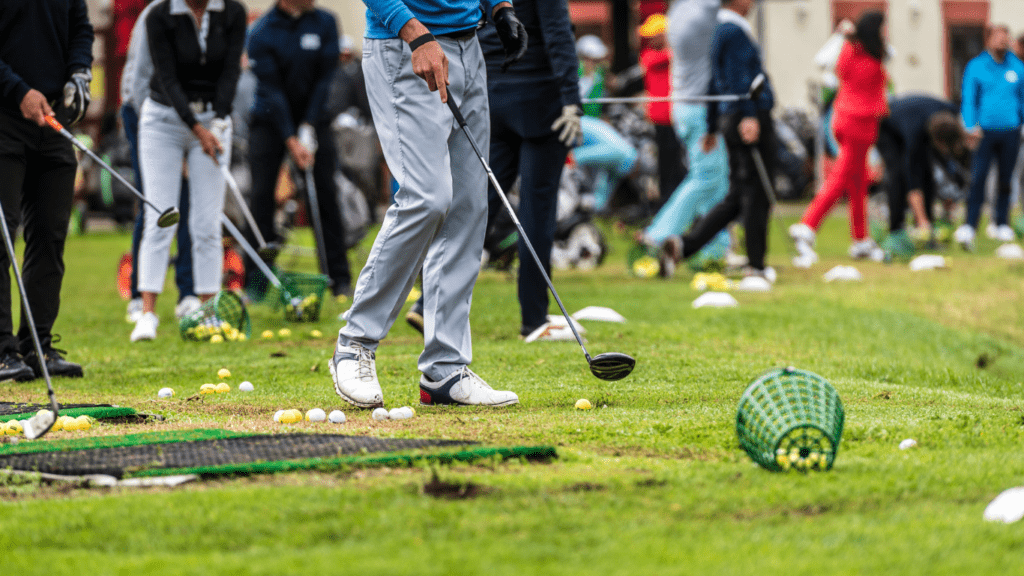Understanding the Importance of Confidence
Confidence, a vital component in high-stakes tournaments, significantly impacts performance. This critical trait enables competitors to face pressure head-on, reducing anxiety and improving decision-making. In my experience, confident athletes often showcase enhanced focus and resilience.
The psychological edge often stems from confidence, setting apart winners from the rest. It allows individuals to harness their skills effectively, increasing the likelihood of success. Successful competitors leverage confidence to stay composed during pivotal moments.
Not only does confidence bolster mental fortitude, but it also sharpens physical responses. For example, in esports, a player’s reaction time can improve as confidence influences cognitive processing speed. Confidence, when cultivated systematically, becomes a powerful advantage in any high-pressure scenario.
Psychological Barriers to Confidence
Confidence plays a pivotal role in high-stakes tournaments, though several psychological barriers can undermine it. Understanding these barriers offers insight into overcoming them.
Fear of Failure
Fear of failure poses a significant challenge to confidence. Many athletes experience anxiety over potential losses. Negative thoughts about failing prevent them from reaching peak performance. By reframing failure as a learning opportunity, they can diminish this fear. Embracing setbacks as part of growth encourages resilience and fosters confidence.
Comparison with Competitors
Comparing oneself to competitors erodes confidence. When athletes constantly measure their skills against others, they often feel inadequate. This comparison breeds insecurity and detracts from focusing on personal abilities. Encouraging self-assessment and celebrating individual progress can shift the focus from competition to personal advancement, reinforcing confidence.
Strategies to Build Confidence
Building confidence for high-stakes tournaments involves employing specific strategies. These enable competitors to handle pressure effectively and excel in demanding environments.
- Visualization Techniques
Visualization prepares the mind by creating mental images of success. I vividly imagine executing skills perfectly and achieving goals. This practice enhances focus and ingrains positive outcomes, making actual performance feel familiar.
- Practice and Preparation
Thorough practice boosts confidence by solidifying skills. When I’ve trained extensively, I trust my abilities under pressure. Consistency in preparation ensures readiness for any competitive scenario, reducing anxiety and enhancing self-assurance.
- Positive Self-Talk
Positive self-talk fosters a resilient mindset. I deliberately replace negative thoughts with affirmations of my strengths. This shift bolsters confidence by reinforcing belief in my capabilities during crucial moments, shaping a constructive inner dialogue.
The Role of Coaching in Confidence Building

Effective coaching significantly influences confidence development in high-stakes tournaments.
Personalized Feedback
Coaches offer personalized feedback that identifies an athlete’s strengths and areas for improvement. By providing specific, constructive insights, they help individuals understand their progress and set realistic goals. This feedback can increase self-awareness and boost confidence by highlighting personal achievements and capabilities. In chess, for example, a coach’s analysis of past games can reinforce strategic growth and confidence through targeted improvement.
Mental Conditioning
Coaches implement mental conditioning techniques to enhance focus and reduce stress. Through practices like:
- mindfulness
- visualization
coaches prepare athletes for the psychological challenges of competition. Mental conditioning strengthens resilience, enabling competitors to remain calm under pressure. In esports, for instance, applying these methods can improve decision-making speed and accuracy, thus raising the player’s confidence in high-pressure scenarios.
Case Studies: Success Stories
Exploring success stories reveals how champions harness confidence to excel in high-stakes tournaments. These real-world examples illustrate the transformative power of self-assurance.
Turning Nerves into Strength
In the 2018 World Chess Championship, Magnus Carlsen demonstrated how nerves can become a source of strength. Despite initial tension, he channeled his anxiety into hyper-focused gameplay, securing victory with strategic precision. By embracing his nerves, Carlsen sharpened his concentration, proving that nervous energy can be a powerful ally when managed effectively. This case shows how recognizing and redirecting nerves towards productive outcomes fosters confidence and peak performance.
Overcoming Setbacks
Simona Halep’s 2018 French Open victory exemplifies overcoming setbacks with resilience and confidence. After three earlier Grand Slam final losses, she faced immense pressure. Rather than succumbing to defeat, Halep reframed her failures as opportunities for growth and refined her strategies. Her perseverance paid off with a triumphant win. This story highlights how resilience in the face of setbacks builds confidence and lays the groundwork for future success.





